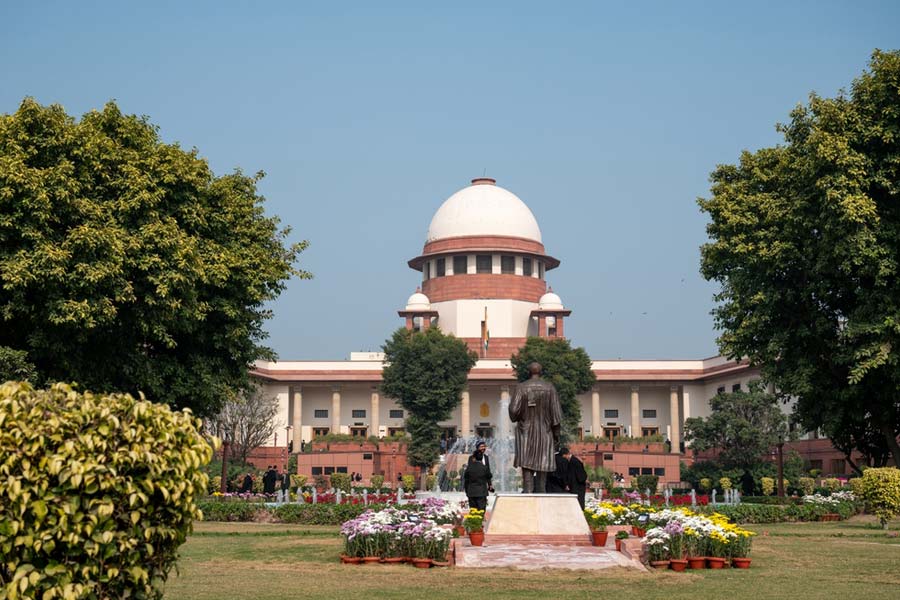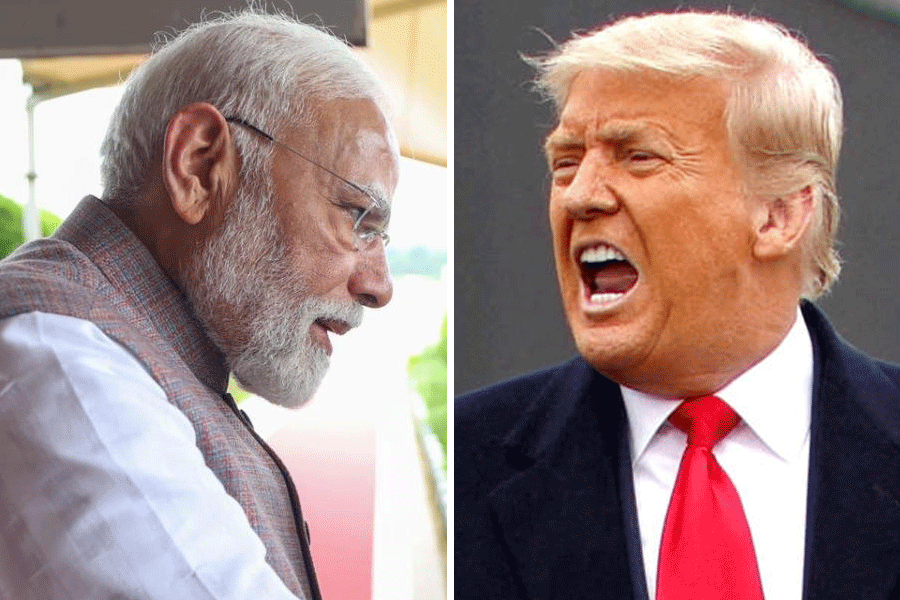 |
| Richard Nixon and Indira Gandhi at the White House arrival ceremony on November 4, 1971 |
Washington, July 1 (PTI): Frustrated at his administration’s failure to gauge Indira Gandhi’s mind ahead of the 1971 Bangladesh war, Richard Nixon had contemplated branding India a “naked aggressor”, documents de-classified this week have revealed.
During conversations with his secretary of state Henry Kissinger, the US President said he wanted to “put the heat on India’s back”.
Nixon said he would like to make a public statement labelling India a “naked aggressor”.
At one stage, he told Kissinger: “Get the word to state (department) and everybody in every statement that India has rejected an overwhelming vote of the (UN) General Assembly.”
Agreeing with him, the secretary of state said: “We have to do a public statement to impress the Russians, to scare the Indians and to take a position with the Chinese”.
Nixon responded: “Chinese. That’s the main thing.”
China had turned down US requests for help to stop the war.
Kissinger informed the President that the communist world had sent to India in the six years before the conflict 739 medium tanks, 176 light tanks and 329 carriers.
To this, Nixon said: “Let’s put it out through a European source.”
Kissinger contended that the outcome of the conflict would be that “Pakistan is swallowed by India, China is destroyed, defeated, humiliated by Soviet Union, it will be a change in the world balance of power of such magnitude? we will have ghastly war in the Middle East”.
Nixon’s secretary of state, who had called Indians “bastards”, today regretted using foul language against the country and Indira Gandhi but said the remarks should be seen in the context of the Cold War.
“In any event, I regret these words were used. I have extremely high regard for Mrs Gandhi as a statesman,” Kissinger said.
Bush balm
Amid revelations that Nixon referred to Indira Gandhi as “old witch”, President George W. Bush has praised the late Prime Minister’s fight against poverty. “Indira Gandhi spoke of poverty and need as the greatest polluters. The long-term answer to environmental challenges is rapid, sustained economic progress of poor nations,” he said, addressing the Smithsonian Institute yesterday.











